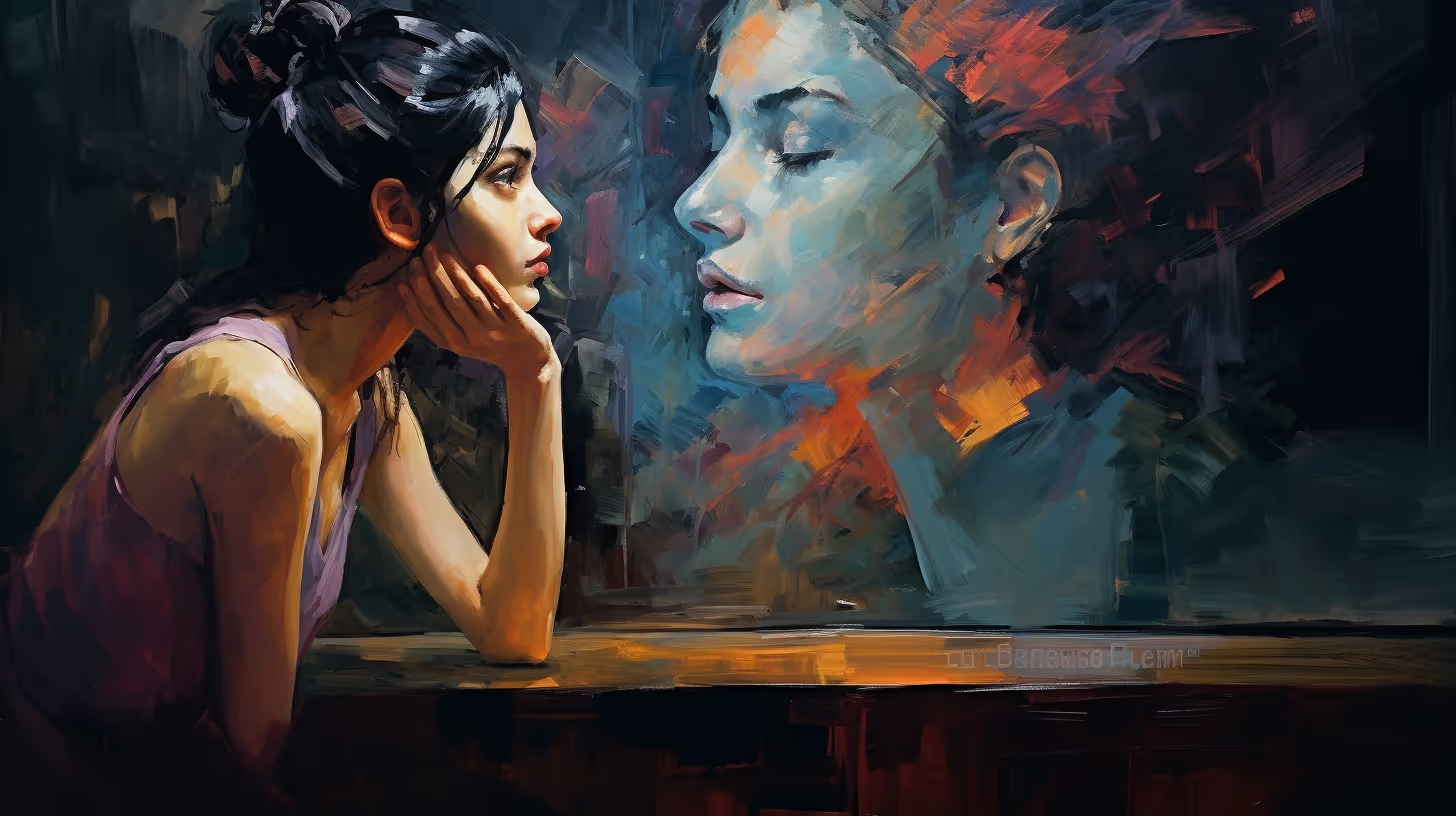Exploring the Reasons We Are Drawn to Create
Every Business Artist wants to make a difference in the world. None of us wants to leave this life believing that we left things exactly as we found them. Every artist has a deep need to know their creative work matters to other people.
However, if you want to have an impact on the world, it doesn’t start with a big vision (although that’s important). It begins by looking inside yourself and asking a simple yet powerful question: “Why am I drawn to the type of work I do?”
You’re probably drawn in a particular direction for dozens of reasons. I’ll leave that to the psychologists to figure out. But at the end of the day, the single most important reason you’re pulled toward a particular type of work is because it feeds your soul.
Maybe it’s sales, design, writing, finance, HR, entrepreneurship, media, or one of a hundred other areas. If you enjoy your work, it’s because it gives you joy on a fundamental level.
Dealing with Discontent
I believe it’s essential to connect with that source regularly. On any given day, there are projects to manage, people to talk to, and messages coming at you from a half-dozen different platforms. It’s easy to lose the connection with the very thing that drew you to your creative work in the first place.
Harper Lee, author of To Kill a Mockingbird, said, “Any writer worth his salt writes to please himself … It’s a self-exploratory operation that is endless. An exorcism of not necessarily his demon, but of his divine discontent.”
The concept of discontent doesn’t just apply to writers. Every artist creates because it fills a need in themselves. You might create for the market, for clients, or your company. But when it comes down to it, you’re creating because you can’t not create. It’s part of your wiring as a Business Artist.
How do we express this desire, this internal need, to create? These are some of the most common reasons artists do creative work. This is not an exhaustive list, but my guess is that you will see yourself in most of these.
Six Reasons Why We Create
We create to express ourselves.
One of the fundamental differences between humans and the rest of the animal kingdom is that we have a psychological need to express hopes, dreams, individuality, and emotions. At our core, we want to be known. Art has always been a way to make those things known and, in the process, hopefully connect with others.
We create to experiment.
There are endless ways to do this. We experiment with different visual elements; for example, you’ve got an ordinary presentation you want to enhance with images, words, movements, and colors.
We also experiment with the qualities of a particular medium; stage, meeting, presentation, video, and even email. Finally, we experiment by improvising and collaborating; to bring in new ideas, inspirations, and diverse perspectives.
We create to provoke.
Do you feel uncomfortable with the word “provoke”? If so, that’s the point. Provocation is meant to make people a little uncomfortable and to arouse a response.
You can provoke for all kinds of reasons, such as starting a discussion, making people think, stirring up debate, or asking questions when you know there’s no good answer. Sometimes, shock and awe is the best way to get someone’s attention.
We create to teach.
Business Artists enjoy using different verbal or written methods to help people grow and learn. Nobody does this better than Disney. When you visit one of their theme parks, multiple senses are engaged at the same time. In fact, Walt Disney required at least three senses to be engaged everywhere in the original park. Clearly, the designers have continued to follow this principle in all their parks.
You may not be as big as Disney, but you can use the same principles. How can you combine sight and sound more effectively than just using traditional written and verbal messages?
We create to tell stories.
We’ve talked about storytelling at length in other posts, but I mention it again here because it’s such a vital part of our creative work. Tell stories using your own tools, strengths, and techniques, all in service of the customer or client.
I also encourage you to lean into visual storytelling. Long before humans had widespread literacy, we were painting on cave walls and telling stories through images on stained glass.
We create to empower.
Creative action can advance a community or movement. Movements depend on symbols, images, stories, and other creative mediums to survive. Think about all the cultural upheaval of the 1960s. Can you imagine how much less potent it would have been without the music of that time?
I’m willing to believe that you see yourself in many of these themes. I hope they remind you why you’re an artist in the first place and give you the strength to continue growing.
Why? Because growth is one of the main qualities of a Business Artist. If you’re not growing, you’re regressing. In a world where everything changes at such a fast pace, we have to do the hard work of growth, which means rewiring the very way we see ourselves and the world.



